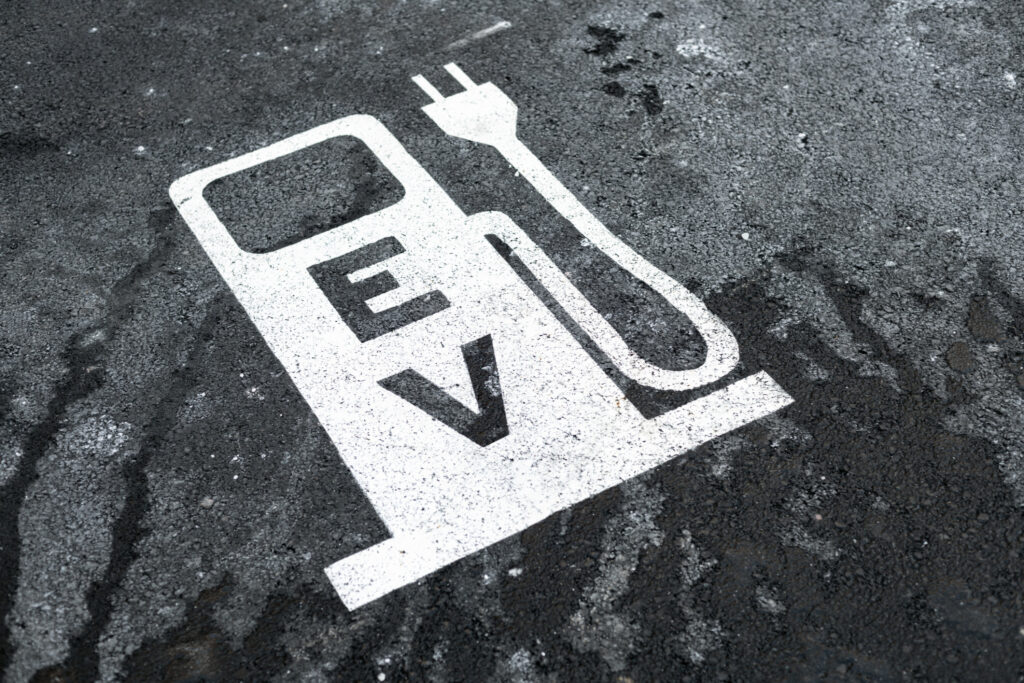ACT Research suggests adoption of zero-emission vehicles will be greatly impacted by the rollback of emissions regulations in the U.S.
“Regulations have typically been a driving force for the adoption of decarbonization solutions; upcoming reductions in regulatory stringency will significantly impact deployment of decarbonization solutions, particularly in the earlier years of our forecast,” said Lydia Vieth, ACT’s research analyst of electrification and autonomy.

“Whether the administration fully repeals, modifies, or delays key regulations, the impact on equipment decisions, fleet planning, and operational costs will be significant.”
ACT suggested that regulations were the key driver of the decarbonization of trucking and the adoption of cleaner technologies.
“Our forecast assumes the two key regulations that have been in place for some years: CARB’s Advanced Clean Trucks (ACT) went live in California at the start of 2024 and beginning in 2027 the US Environmental Protection Agency’s (EPA) low-NOx regulations go into effect, will continue to prevail for now in some measure,” added Ann Rundle, ACT’s vice-president of electrification and autonomy.
“ACT Research continues to develop and refine decarbonization forecasting models that detail specific vehicle applications for medium-duty (MD), heavy-duty (HD), and bus market segments. Our forecasting methodology incorporates a bottom-up, apples-to-apples cost-modeling approach, considering all costs, including infrastructure. This TCO-based approach allows us to compare the full impact of life-cycle costs between competing powertrain technologies across the commercial vehicle population.”